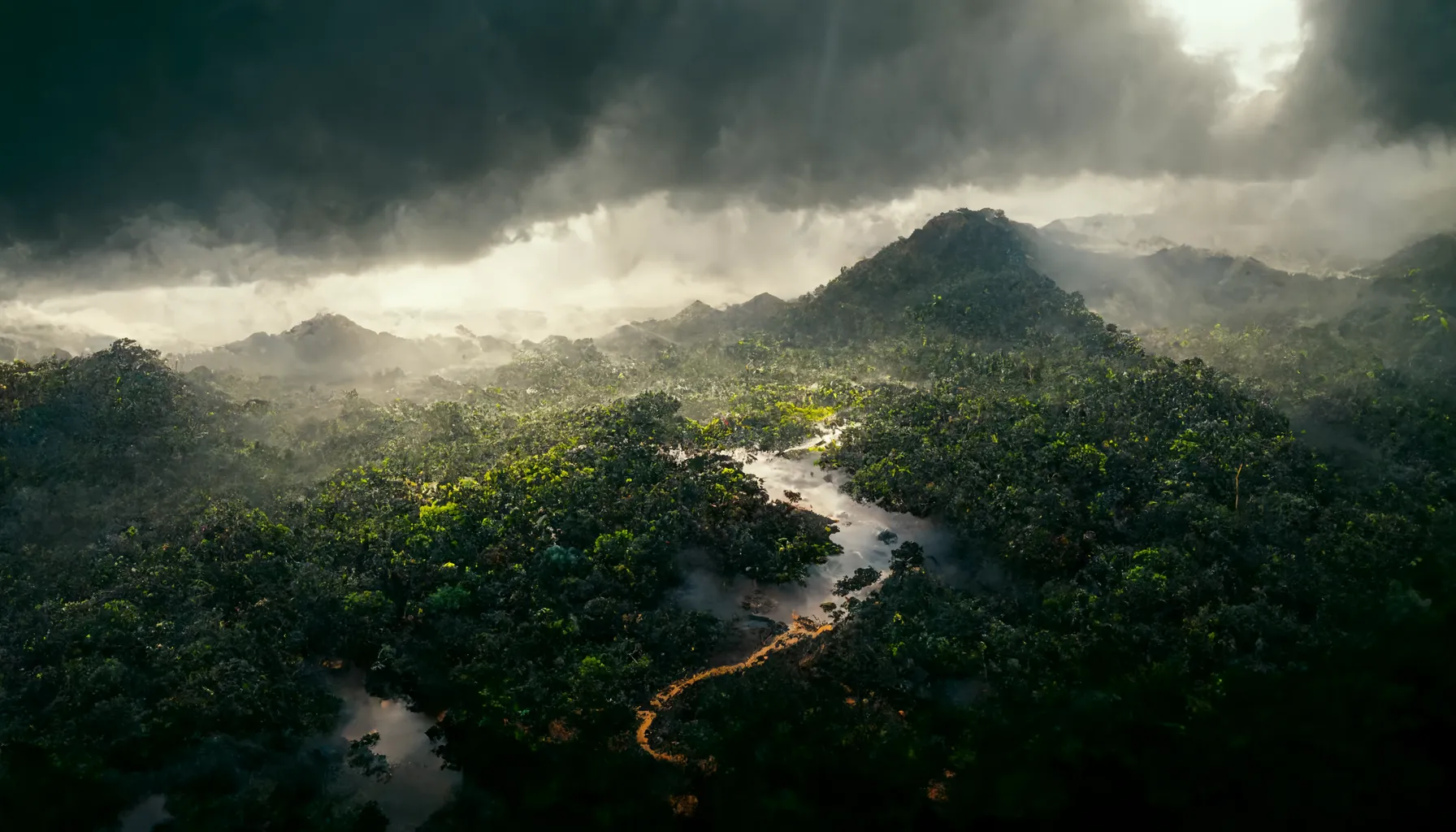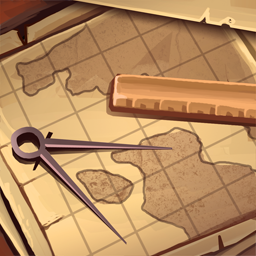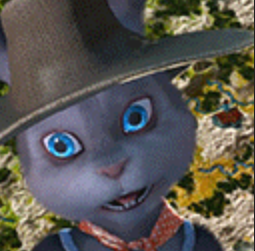When human monks conquered the Central Continent of Qail in the year 1546, they saw the work of the gods in everything and named the region Calika, from Cali (god) and Ka (thousand), ignoring its original name Kajarunaja used by everyone else. The locals liked the name a lot more than the old one (which means "heat after rain"), and after some decades the old name was forgotten and the new one established.
In search of a place of peace, the religious folk travelled up the river Bundabhadra. And finally, in the year 1546 they set up their temple city in a secluded and unused valley of the mountain Pramanur. About half a century later, at Midsummer 1605 PB, the Order of Kalish proclaimed the temple city as the capital of Calika and sent their monk army to force everyone to renounce their old gods and to only accept Kalish as the one and only goddess. In a quick response, the old king ordered his eldest son and a small army to fight the followers of the snake and to pacify the country. After only four months, the victorious army returned. But the son died on the last day of the battle, in which Kalish was defeated.
When it comes to belief, the Caliki worship almost everything (also see Pigments of Faith).
Culture
Major language groups and dialects
Calikani ("mouth of a thousand gods") is the main language of the Caliki. The regions closer to Boranga and Trendelika have a language mix that is harder to understand for the general Kaliki, and dialects exist in the south of Calika that are not understandable by the inhabitants of northern Calika (and the other way around). And then the migrated Grimalkin (catfolk) from Phurr speak their very own language altogether.
Ideals
Beauty Ideals
The Caliki love bright and vivid colours, especially warm colours from yellow to red to purple. Women wear shoulder-free shirts and short skirts; men wear simple shirts and wide trousers, all suitable for heat and intense rain. Usually, all Caliki have black hair, but some like to brighten it up with brown or red. Many men wear a beard or a glorious moustache (or both). Women always let the hair grow and either braid it, let it hang down naturally, or tier it up with even more colourful pieces of cloth.
At the age of sixteen, young men become adults and get a beautifully decorated dagger as a present from their family. In noble houses, ancient and valuable daggers are handed down from deceased ancestors. Sixteen-year-old girls get a decorated belt for the skirt or a brooch for the hair; others get stacks of golden bangles or chains with small coins, rings, or pearls for the hair or the face. All these items are usually kept in a box and are only worn on special days like weddings, funerals, or birthdays.
Major organizations
Fananu Alfajr
The Fananu Alfajr are a group of entertainers. At least that is what they do under everyone's eyes when travelling through the country.Fist of Charakur
The Fist of Charakur is a small army protecting the king/queen and their family.Order of Kalish
The Order of Kalish worships Kalish, conjures her, creates chaos in the whole country, gets subdued and dispersed, and then vanishes from the public eye for 180 years, until Kalish gets conjured again.
Related Organizations
Related Locations











Dafür, dass du noch so viel dran werkeln willst ist es doch schon einmal super. Eben wie ein Überblick, den man dann auch mit beliebigen Extra-Artikeln ausschmücken kann. Besonders gelungen fand ich den Anfang. "Oh, cooler Name für unser Land, komm, den nehmen wir jetzt auch dafür." Das ist echt originell.